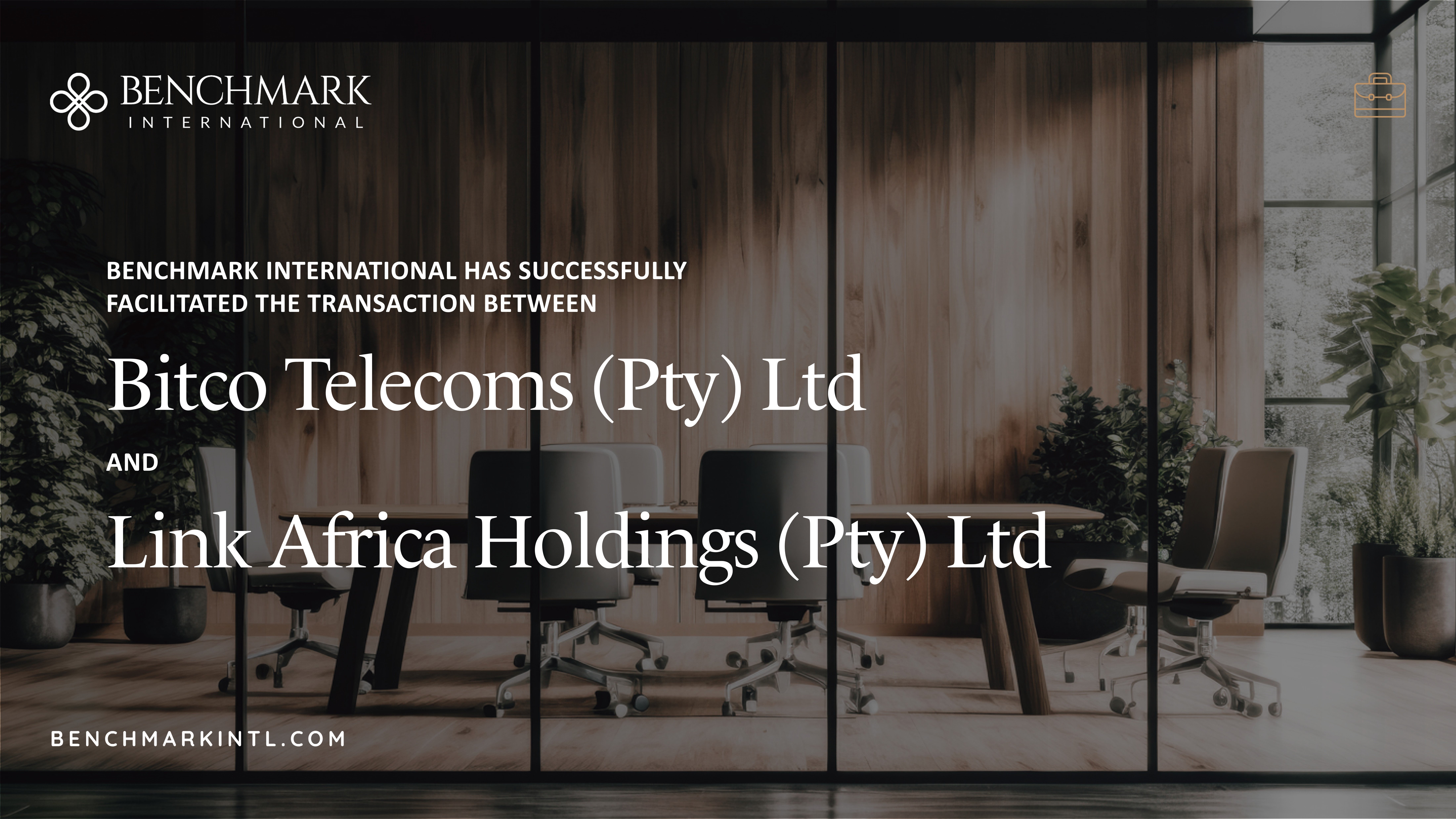
When it comes to valuating a business, a major distinction is whether the company is privately or publicly held. For a publicly traded company, calculating the market value is somewhat simple: just multiply the stock price by its outstanding shares. For a private company, determining its worth is a much more complicated process because the stock is not listed and there is zero regulated public financial reporting. For these reasons, private company valuations must be based on a series of estimations, which can be well founded when done properly. There are several different approaches to calculating the market value of a private business. You can choose to one singular method, but using each method of assessment together can form a more complete picture.
Comparable Company Analysis (CCA)
CCA is a common way to assess a private company’s value. Under this process, publicly traded companies that are most similar to the private company are identified. The similarities must reflect the companies’ sector, size, competitors, and growth rate.
Upon establishing an industry grouping of similar companies, their valuations are averaged to paint a picture of where the private firm fits among its peers. These averages are calculated on aspects such as cash flow, operating margins, and assets. CCA may also be referred to as trading multiples, peer group analysis, equity comps, or public market multiples.
Precedent Deals
If the business being valued operates within a sector that has witnessed several recent mergers, acquisitions, or IPOs, the financial information and value determinations from those transactions can be used to help calculate a valuation based on consolidated and averaged data. While useful, precedent transactions become dated as more time passes since they occurred.
Enterprise Value (EV) Multiple
Also known as private equity valuation metrics, the enterprise value multiple tends to offer a more accurate valuation because it includes debt in the assessment. The EV multiple is calculated by taking the enterprise value (the sum of its market cap, value of debt, minority interest, preferred shares deducted from cash and cash equivalents) and dividing it by the company's earnings before interest taxes, depreciation, and amortization (EBIDTA).
Discounted Cash Flow (DCF)
The estimated discounted cash flow approach is a fairly detailed method of valuation. It compares the discounted cash flow of similar companies to the company being valued. The revenue growth of the company is estimated by averaging the revenue growth rates of similar companies. This process can be challenging depending on the business’s accounting methods. Personal expenses are sometime included in the financial statements of private companies, which can affect the estimation.
Once the revenue is estimated, any anticipated changes in operating costs, taxes and working capital are estimated, allowing for the calculation of free cash flow, or the operating cash remaining once capital expenditures are deducted. Investors often use free cash flow to determine how much money will be available to give back to shareholders in dividends.
Next, the peer grouping of companies are assessed to calculate their average beta (the market risk of a company without the impact of debt), taxes, and debt-to-equity ratios. In the end, the weighted average cost of capital (WACC) must be determined. This factors in the cost of equity using the Capital Asset Pricing Model, the cost of debt using the company’s credit history, capital structure, debt and equity weightings, and the cost of capital from the peer grouping of companies. Calculating capital structure can be challenging, but industry averages can help, keeping in mind that the costs of equity and debt for a private company will likely be higher than that of its publicly traded counterparts. The WACC furnishes the discount rate for the private company. By discounting its estimated cash flows, a fair value can be assigned.
Cost Approach
This method of analysis is less common within the corporate finance world. It assesses the actual costs of rebuilding the business, ignoring any value creation or cash flow generation. It is merely cost equals value.
Ability to Pay
Under this valuation approach, the maximum price a buyer can pay for a business while still reaching target is assessed. If the business will be ceasing operations, a liquidation value is estimated based on selling off the assets. This value is often highly discounted because it assumes the assets will be sold as quickly as possible.
Other Important Factors
While there are several financial methods of valuating a business, there are other somewhat intangible factors that should be considered. For example, the culture of the company is important because it motivates its underlying ethics and competitive strategy, creating an environment for less risk. Also, the company’s management is key, because their track records will say a great deal about the value they bring to the table and the level of confidence that they instill. Ultimately, they will have a deep understanding of the industry and have the skillset to foster and maintain a positive culture. Additionally, aspects such as innovative intellectual property, established branding that is well recognized in the market, retention of key talent, and strong customer and supplier relationships can drive up the value of a business.
Don’t Go It Alone
Due to a lack of transparency, the valuation of a private company is never an exact science, but there are advisory experts that have methodologies that do get it as close as possible. Our world-renowned M&A advisors are standing by, waiting to engage you in the process of taking your future to the next level. We are experts in helping to create added value for your business and getting the most value for it in a sale. Contact us to get this exciting process started.
Americas: Sam Smoot at +1 (813) 898 2350 / Smoot@BenchmarkIntl.com
Europe: Michael Lawrie at +44 (0) 161 359 4400 / Enquiries@BenchmarkIntl.com
Africa: Anthony McCardle at +27 21 300 2055 / McCardle@BenchmarkIntl.com
ABOUT BENCHMARK INTERNATIONAL
Benchmark International’s global offices provide business owners in the middle market and lower middle market with creative, value-maximizing solutions for growing and exiting their businesses. To date, Benchmark International has handled engagements in excess of $6B across various industries worldwide. With decades of global M&A experience, Benchmark International’s deal teams, working from 12 offices across the world, have assisted hundreds of owners with achieving their personal objectives and ensuring the continued growth of their businesses.
Website: http://www.benchmarkintl.com
Blog: http://blog.benchmarkcorporate.com
 Benchmark International
Benchmark International  Benchmark International
Benchmark International 


-1.jpg?width=1200&name=How_To_Value_A_Business_Social(2)-1.jpg)



